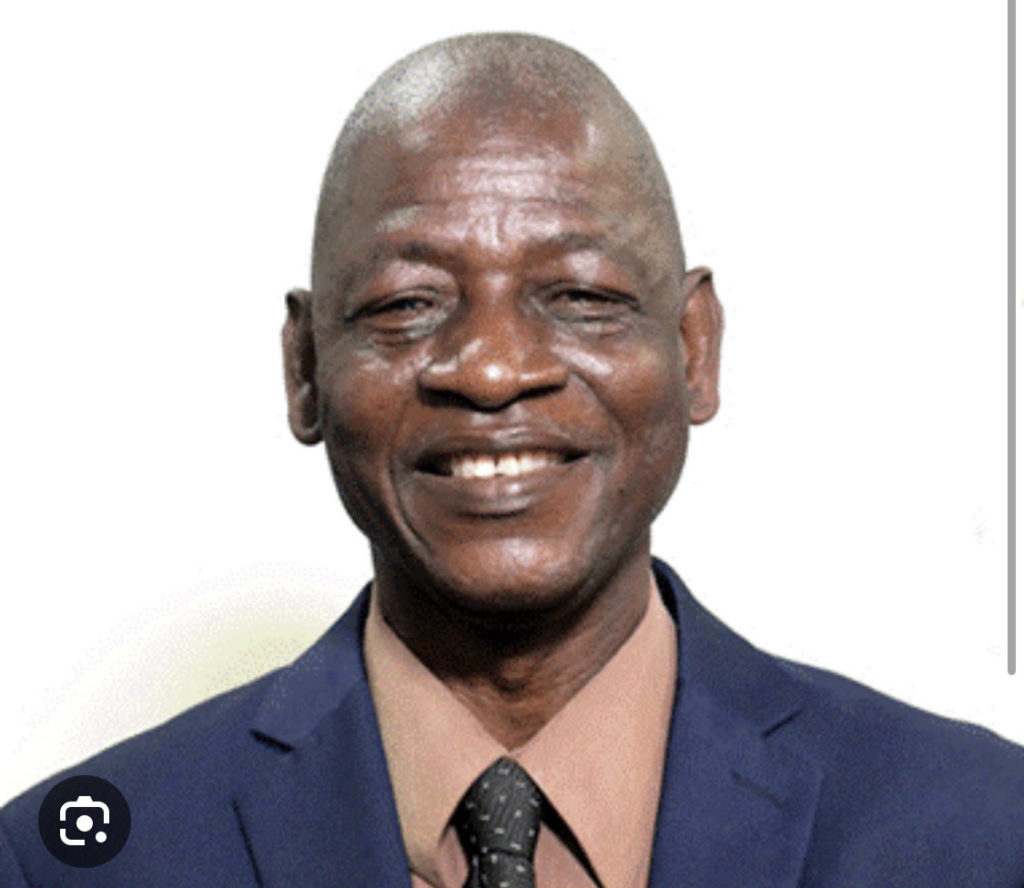Parliamentarians Postpone Meeting Demanding Police Leadership Presence

The National Assembly Member for Serekunda West
By Ramatoulie Jawo
The meeting of the National Assembly Standing Committee on Human Rights and Constitutional Matters, scheduled for Monday 5th February 2024, was postponed because they wanted the Inspector General of Police to be present.
The committee’s aim was to discuss the human rights situation and the police’s adherence to some of the policies with the Inspector General of Police and the National Human Rights Commission.
Chairperson of the Human Rights Committee, Hon. Madi MK Ceesay, explained the rationale behind the postponement during a media briefing. He stated that the committee had previously met separately with both stakeholders, and the plan was to bring them together during the third meeting to foster understanding.
“The stakeholders were the National Human Rights Commission and the Inspector General of Police, and the purpose is to look at human rights violations and the compliance of the police in the implementation of some of the policies. So, as a result, earlier on the committee met with both sides separately, and we decided the third one, we will bring two of them together and go through it so that we can bridge the gap.” He stated
However, Ceesay expressed disappointment when the National Human Rights Commission fully participated in the meeting with their chairperson, executive director, deputy executive director, head of the legal department, and additional staff. In contrast, the police were represented by only one superintendent and a corporal.
“But unfortunately this morning, the National Human Rights Commission came full force headed by the chairperson of the National Human Rights Commission with his executive director and deputy executive director and the head of the legal department and some other staff while on the side of the police, they were represented by one superintendent and a corporal,” he highlighted.
Due to this significant disparity in representation, the committee decided not to proceed with the discussions. Ceesay conveyed the committee’s decision to halt the meeting and informed the police representative that a new date would be communicated, insisting on the presence of the Inspector General of Police along with any necessary accompanying personnel.
“ So we have sent a message through the representative of the police that we are not continuing these discussions and then the committee will write to both for a new date in which date we want the present of the inspector general of police and anybody that can accompany him because it is an issue of making decisions so corporal or superintendent cannot take decisions, especially these cases like this when the other side is fully represented by the leadership,” he said
When asked about potential actions if the IGP fails to appear for a second time, Ceesay highlighted that such non-compliance would be considered contempt towards the parliament’s oversight function. However, he expressed optimism that the message would reach the Inspector General of Police, emphasizing the importance of his attendance in resolving issues related to human rights violations.
He said, “Well, refusing to answer to the parliament is contempt because we are mandated to carry this oversight function and the police are a law enforcement body. I do not think we will reach that point. I only hope if the message reaches the inspector general of police our next meeting we will have in person, he has been attending previous ones.”
Responding to inquiries about the absence’s justification, Ceesay mentioned that the police representative provided no reasons. He speculated that there might be a misunderstanding about the meeting’s purpose, emphasizing that it was designed to address concerns with both leaders involved
“I believe maybe there is a misunderstanding of the purpose of the meeting, but actually this meeting purposefully is targeting both leaderships,” he said.

